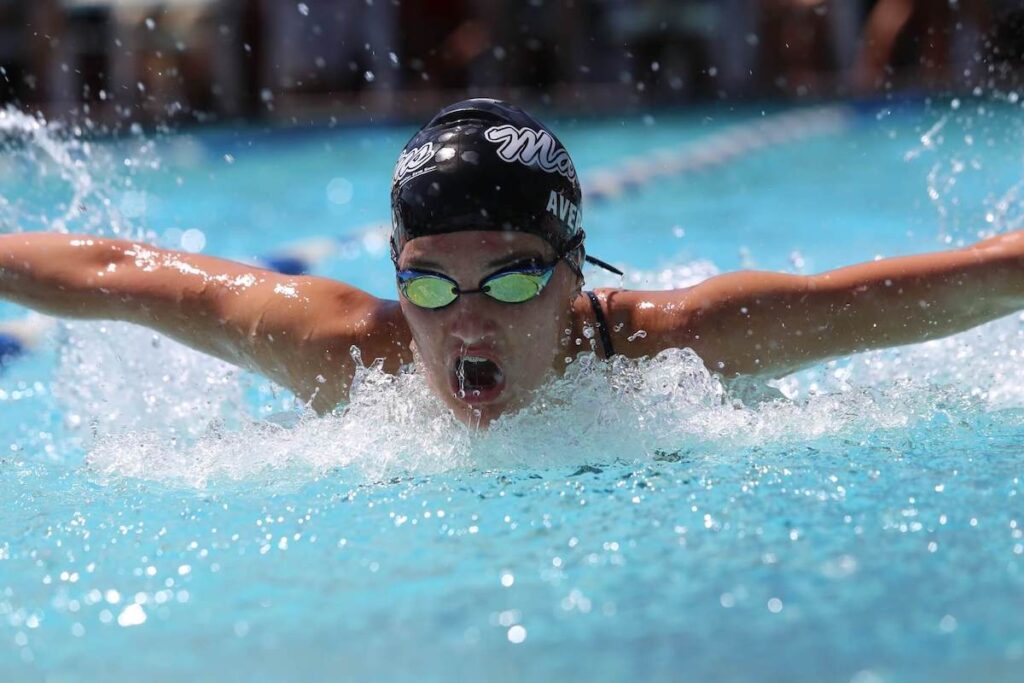Swimming is a great form of exercise that provides a full body workout and can be beneficial for people of all ages. However, like any other sport, swimming can also lead to certain orthopaedic problems if not performed correctly or if an underlying condition is present.
Swimming combines endurance, strength, and control in a non-weight-bearing environment. Highly repetitive upper extremity overhead movements provide most of the propulsive force in all four main strokes: free- style, butterfly, breaststroke and backstroke.1
Table of contents
Swimmer's shoulder
Ένα από τα πιο κοινά ορθοπαιδικά προβλήματα που σχετίζονται με την κολύμβηση είναι ο πόνος στον ώμο. Οι επαναλαμβανόμενες κινήσεις στο πρόσθιο μπορούν να ασκήσουν μεγάλη πίεση στο στροφικό πέταλο και σε άλλους μύες και τένοντες στον ώμο. Αυτό μπορεί να οδηγήσει σε φλεγμονή, ρήξεις και άλλους τραυματισμούς. Δεν προκαλεί έκπληξη το γεγονός ότι ο πόνος στον ώμο που προκαλείται συχνά από το κολύμπι αναφέρεται στη βιβλιογραφία ως «ώμος του κολυμβητή». Ο όρος είναι γενικός και η εμπλεκόμενη παθολογία μπορεί να περιλαμβάνει το σύνδρομο πρόσκρουσης, βλάβη του επιχείλιου χόνδρου, τενοντίτιδα υπερακανθίου, συμπιεστική νευροπάθεια, κλπ.
This is term that generally describes a syndrome with anterior shoulder pain elicited by repetitive impingement of the rotator cuff under the coracoacromial arch.2 To prevent shoulder pain, it is important to use proper technique when swimming and to gradually increase the intensity and duration of your training.
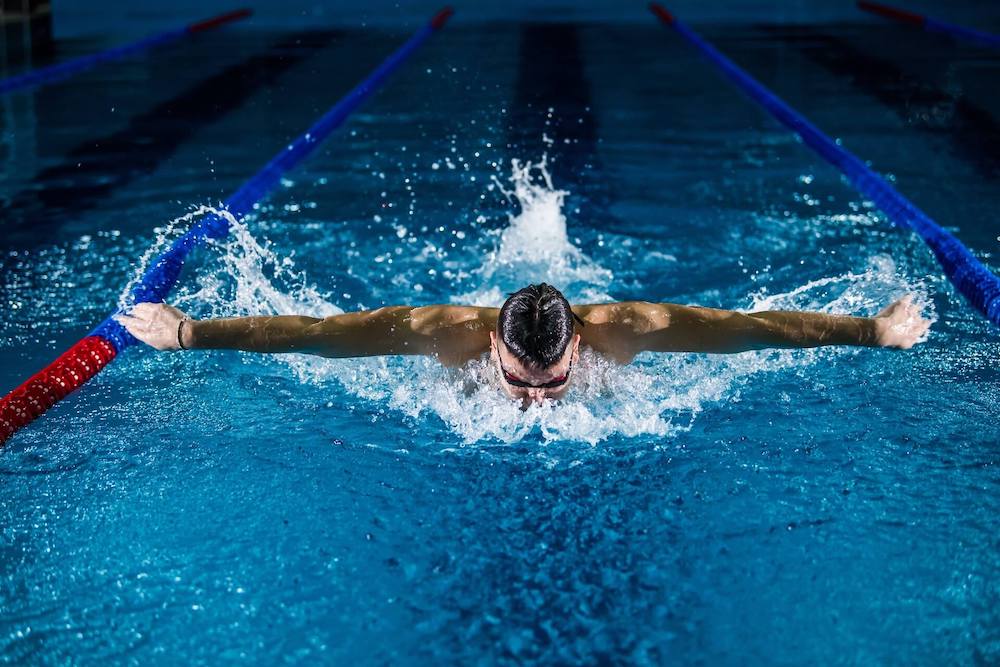
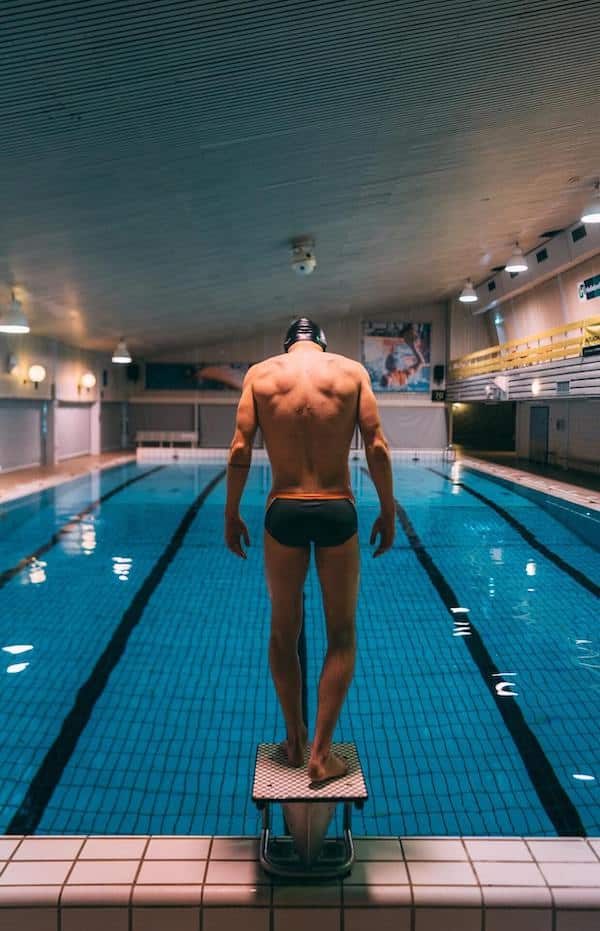
Swimming & back pain
Another common problem is lower back pain. The constant kicking and twisting motions of the legs can put a lot of stress on the lower back, particularly if the swimmer has poor core strength or poor technique. Lumbar disc degeneration, spondylolysis and spondylolisthesis are among the most common problems encountered.3
Lumbar spine pain also may be related to the ‘‘flip turn,’’ used by freestyle swimmers to change directions when reaching the pool wall. To prevent lower back pain, it is important to engage the core muscles when swimming and to focus on proper technique, including maintaining a neutral spine.
Swimming & knee pain
Ο πόνος στο γόνατο είναι ένα άλλο ορθοπαιδικό πρόβλημα που μπορεί να προκληθεί από το κολύμπι. Οι επαναλαμβανόμενες κινήσεις μπορούν να ασκήσουν μεγάλη πίεση στην άρθρωση του γόνατος, ιδιαίτερα εάν ο κολυμβητής έχει μια προϋπάρχουσα πάθηση στο γόνατο.
Knee pain in competitive athletes is commonly referred to as breaststroker’s knee. This is a syndrome of anterior and medial knee pain. Etiology is unclear, but may be related to MCL sprain, adductor sprain or patellar tendonitis.4 To prevent knee pain, it is important to use proper technique when swimming and to gradually increase the intensity and duration of your training.
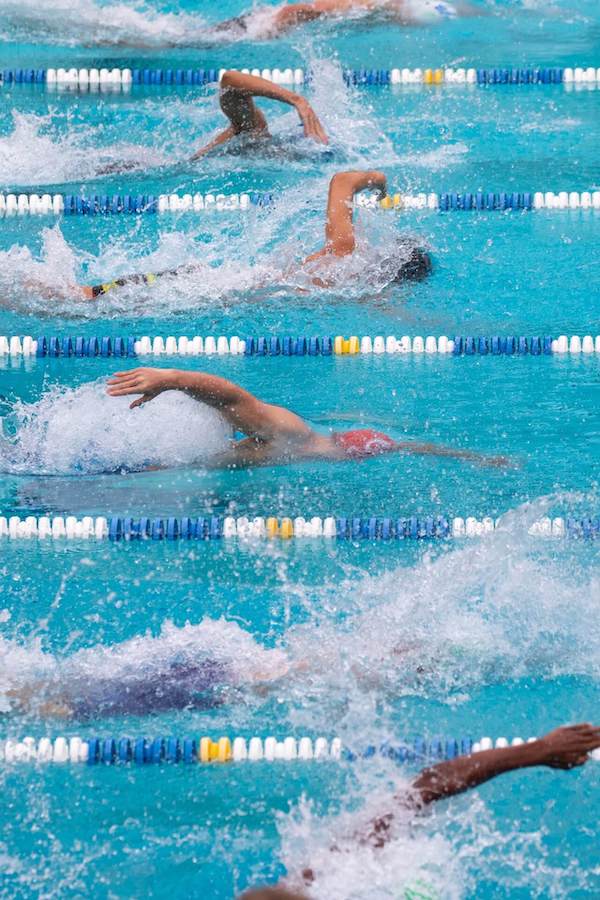
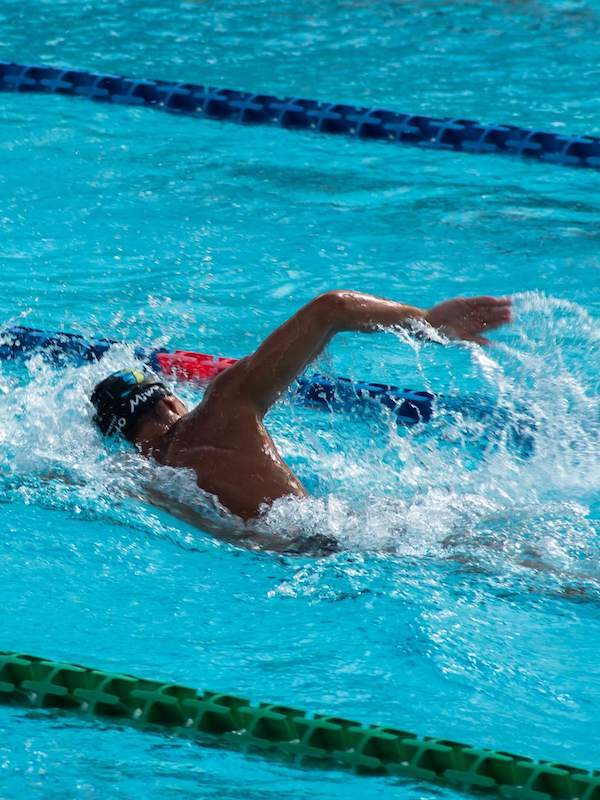
Swimming is also known to cause stress fractures not only in the foot and ankle, but also in other areas. This is particularly common among competitive swimmers who train for long hours each day. Stress fractures are caused by overuse and can lead to pain and inflammation. To prevent stress fractures, it is important to gradually increase the intensity and duration of your training and to rest and recover properly.
In conclusion, swimming is a great form of exercise, but it can also lead to certain orthopaedic problems if not performed correctly or if an underlying condition is present. To prevent these problems, it is important to use proper technique when swimming, to gradually increase the intensity and duration of your training, and to focus on maintaining good overall fitness and strength. If you experience pain or injury, it is important to seek advice from an orthopaedic specialist.
References
1. Sein ML, Walton J, Linklater J, Appleyard R, Kirkbride B, Kuah D, et al.: Shoulder pain in elite swimmers: primarily due to swim-volume-induced supraspinatus tendinopathy. Br J Sports Med 2010;44:105-113.
2. Tate A, Turner GN, Knab SE, Jorgensen C, Strittmatter A, Michener LA: Risk factors associated with shoulder pain and disability across the lifespan of competitive swimmers. J Athl Train 2012;47:149-158.
3. Nyska M, Constantini N, Cale-Benzoor M, Back Z, Kahn G, Mann G: Spondylolysis as a cause of low back pain in swimmers. Int J Sports Med 2000;21:375-379.
4. Nichols AW: Medical Care of the Aquatics Athlete. Curr Sports Med Rep 2015;14:389-396.
Frequently Asked Questions
What's swimmer's shoulder?
This is a syndrome presenting with anterior shoulder pain, caused by repetitive impingement of the cuff tendons under the coracoacromial arch.
Which are the most common swimming injuries?
– Swimmer’s shoulder
– Breaststroker’s knee
– Back pain
Find us
Book an appointment with us today

